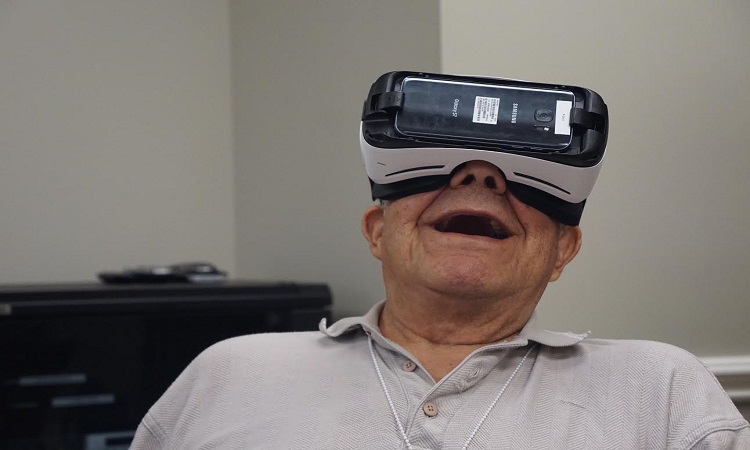A recent study from the University of Bath in the UK in collaboration with the non-profit organization Designability, found that people over 50 are more successful in completing their tasks thanks to AR. Through augmented reality (AR) people are about to revolutionize the way they complete their essential everyday tasks. However, older adults, who have a lot to gain from AR, could be excluded from its use unless a solution is found that makes sense to them.
According to the research team, many AR manufacturers are not considering the needs and preferences of older people in their designs and applications. Therefore, more research is needed to understand older adults who could improve their quality of life through augmented reality.
Thomas Williams, an engineering Ph.D. student at the University of Bath, said that AR technology has great potential for older adults. “It is a tool that could change their lives, but most manufacturers give few opportunities to develop specific products for this sector of the population.”
However, researchers anticipate that AR technology will soon be adapted to help older adults. For example, augmented reality could help you understand what it might be like to live with a cognitive impairment like dementia. Also make better evaluations of fall prevention modifications in their homes, even provide better training with the purpose of improving spatial direction in their environment.
The University of Bath research team is harnessing the potential of AR technology to help people with dementia and other memory difficulties. Performing a task as simple as preparing food, washing their hands, or making a cup of tea can be difficult for them. However, with the help of a screen or augmented reality glasses, people could perform these tasks more successfully.
In addition, the group of scientists is investigating with AR a diagnostic tool to detect early signs of cognitive decline and provide people with an early diagnosis of dementia. “We seek to improve the quality of life of adults, and we have found inspiration in augmented reality to make a big difference if designed properly,” concluded Williams.
While AR has worked for entertainment, shopping over the Internet, among other goals, but using it to benefit adults could represent a big change. The key is to prioritize the inclusion of older adults in a new reality, so that their environment is improved through augmented reality.




